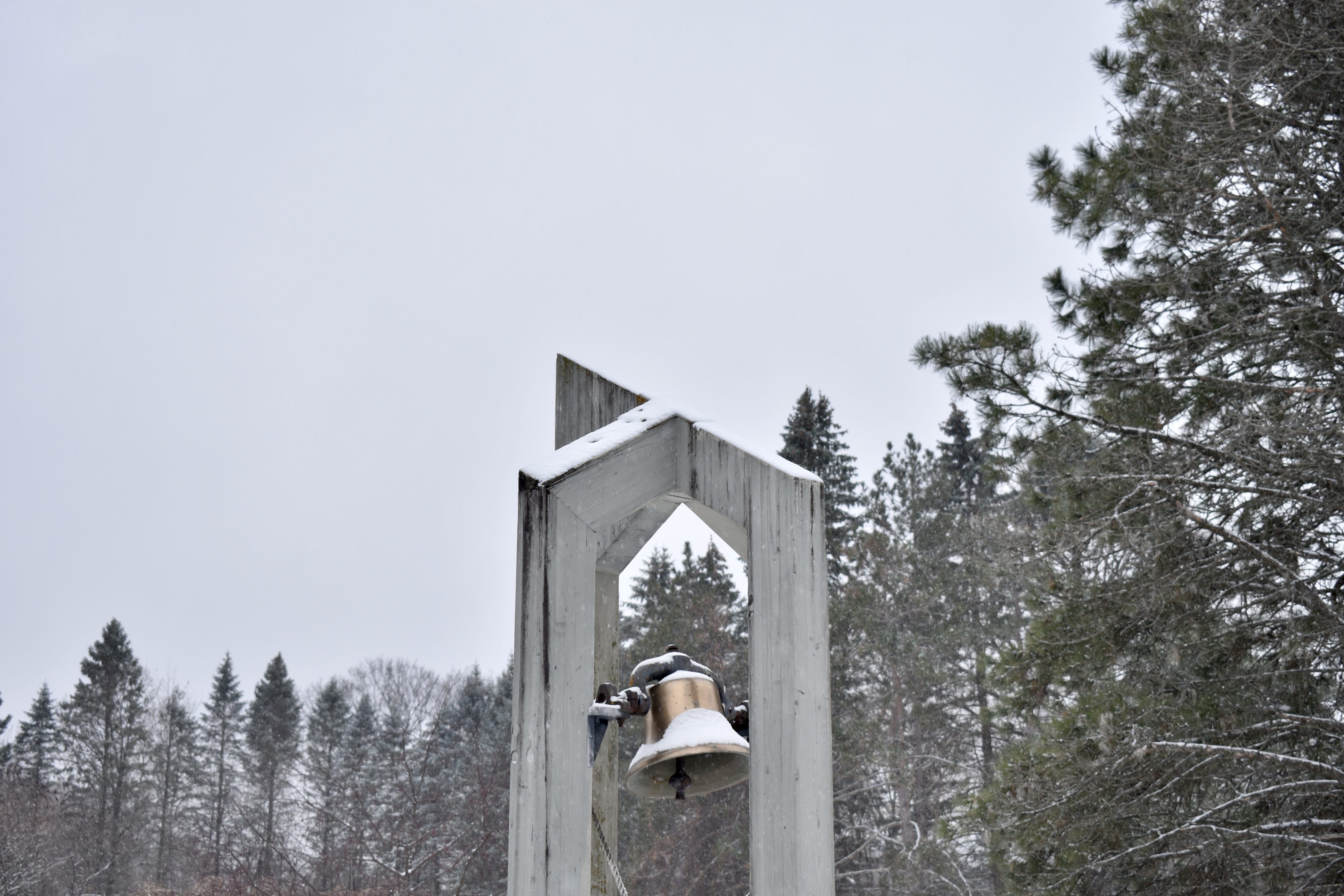
It’s been a long time, probably more than a decade, since I’ve set any New Year’s resolutions. I suspect I don’t need to explain why . . . I rarely kept them for longer than a month. Frequently flowing from the energy of “should” and “ought” and “have to,” these resolutions don’t have any lasting power. They function like demands rather than invitations to change, and demands are not effective strategies for transforming our lives or the institutions in which we are embedded.
Nevertheless, as we ring in the New Year, I still feel the pull to start anew in some way, to reflect meaningfully on my life, to consider what small changes would help me to live more fully into my core values. At this time of year, I want to focus on what matters most to me as well as resist all that distracts me from it. So, on New Year’s Day last week, I read the poem, “Start Close In,” by David Whyte. It begins like this:
Start close in,
don’t take
the second step
or the third,
start with the first
thing
close in,
the step
you don’t want to take.
I read the poem slowly, meditatively a few more times over the next day. Then I listed some first steps I could take, not grand transformations but tweaks to the mundane parts of living. And not from the energy of anxious demand but rather from calmly listening to my own heart, mind, and body. Each first step sounded simple: call this friend and that; be still for 2 minutes in the middle of each day; drink twelve more ounces of water in the morning; walk outside for fifteen minutes and mindfully gaze upon the environment; recall one joyful moment at the end of the day; listen internally before saying “yes” or saying “no.” It all boiled down to this: start with kindness . . . toward myself . . . toward others.
This is but one example of “ringing in the new year” meaningfully and mindfully. Other options abound. The New York Times, for instance, is running a series called “The 7-Day Happiness Challenge,” which aims to support participants’ wellbeing. Besides the fact that it is based on decades of research, I genuinely appreciate its simplicity and “do-ability.” It includes small steps, like schedule an 8-minute phone call and engage a stranger in small talk, and it explains how actions like these actually contribute to greater happiness in our lives.
Best-selling author and Buddhist meditation teacher, Jack Kornfield, has encouraged his readers to set a long-term intention or dedication of the heart at the start of 2023. He writes, “At times our dedications are practical: to learn to play the piano well, to build a thriving business, to plant and grow a beautiful garden. But there are overarching dedications as well. We might dedicate our life to prayer, commit ourselves to unwavering truthfulness or to work for world peace. These overarching dedications set the compass of our life, regardless of the outer conditions. They give us direction and meaning.” Taking time to reflect and listen to our own hearts is the key ingredient, the first step, in identifying such an intention or dedication. Then, writes, Kornfield, “Once you have a sense of your long-term dedication, write it down. Then put it someplace where you keep special things. Now, as you go through the year, let it be your compass—your underlying direction—in spite of changing outer circumstances. Let it carry you.”
A somewhat different practice is related to Epiphany, the church season in which we remember the Magi following a star on their way to see Jesus. Epiphany is a season of illumination and revelation, both of which come to us as gifts that reorient our lives. In light of this, some churches pass out “star words” to their members. Each star contains a word to guide that person through the year, such as patience, joy, decision, growth, surrender, belonging, imagination, and much more. The star word functions as a beacon for the upcoming year. Some people reflect on the meaning of their star word daily living while others do so in moments of decision, surprise, or unrest.
Taking close steps; participating in a happiness challenge; setting guiding intentions and dedications of the heart; and receiving star words: each of these practices support us in beginning the New Year reflectively and prayerfully. They anchor us to ourselves and to our dwelling with God, nature, and each other.
So how are you starting this New Year? What reflective practices call you to home to yourself, your most cherished values, and your relationships with God and others? What words do you need to hear? Whatever you answer, be kind to yourself. Give yourself the gift of quiet reflection. And begin again with trust in goodness and grace.
I usually do not make a New Year’s resolution for the same reasons that you stated, but I also made a few this year;
Smile more talk less. (Aaron Burr’s advice to Alexander Hamilton.)
Read sitting up in a chair at least 30 minutes a day. ( I tend to fall asleep too quickly when I read in bed.)
Be cautious about giving advice. ( A poem from my mother-in-law says “Wise men [ or women ] don’t need it and fools won’t head it.)
Looking forward to my 2nd Women’s Retreat this year.
Thank you, Kathleen. Yes, all this resonate with me. I look forward to seeing you at the end of this month!